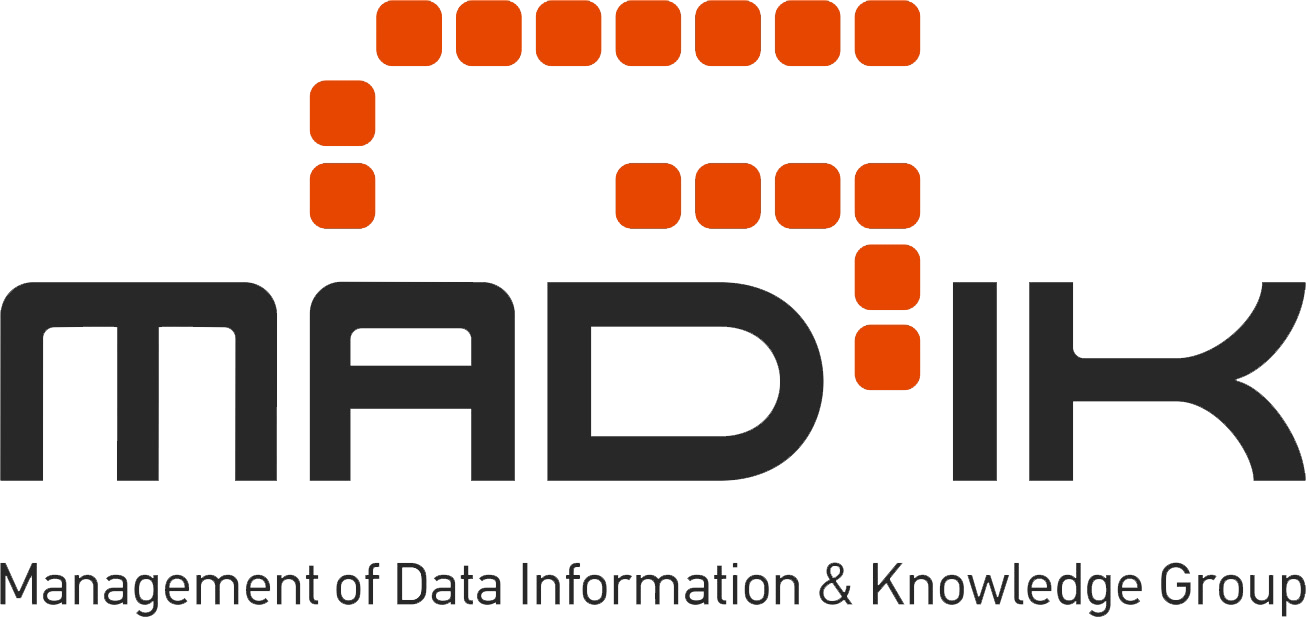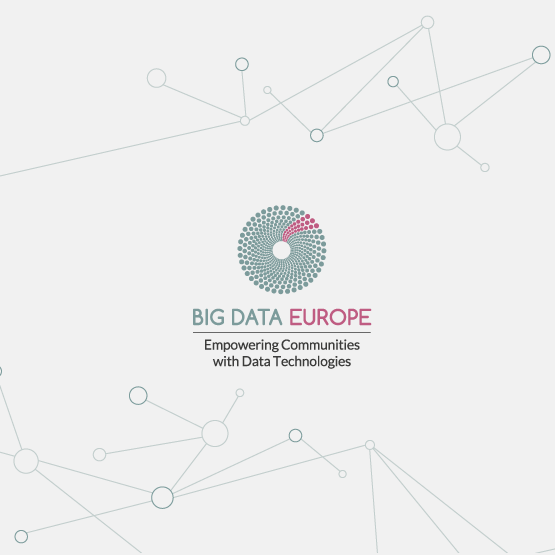BigDataEurope
Integrating Big Data, Software and Communities for Addressing Europe’s Societal Challenges
The growing digitization and networking process within our society has a large influence on all aspects of everyday life. Large amounts of data are being produced permanently, and when these are analyzed and interlinked they have the potential to create new knowledge and intelligent solutions for economy and society. Big Data can make important contributions to the technical progress in our societal key sectors and help shape business. What is needed are innovative technologies, strategies and competencies for the beneficial use of Big Data to address societal needs.
Climate, Energy, Food, Health, Transport, Security, and Social Sciences – are the most important societal challenges tackled by the European Union within the new research and innovation framework program “Horizon 2020”. In every one of these fields, the processing, analysis and integration of large amounts of data plays a growing role – such as the analysis of medical data, the decentralized supply with renewable energies or the optimization of traffic flow in large cities.
Societal challenges and their Big Data focus areas:
Health – Heterogeneous data linking and integration, biomedical semantic indexing and QA
Food & Agriculture – Large-scale distributed data integration
Energy – Real-time monitoring, stream processing, data analytics, decision support
Transport – Streaming sensor network and geospatial data integration
Climate – Real-time monitoring, stream processing and data analytics
Social Sciences – Statistical and research data linking and integration
Security – Real-time monitoring, stream processing and data analytics, image data analysis
Project Objectives
Big Data Europe will undertake the foundational work for enabling European companies to build innovative multilingual products and services based on semantically interoperable, large-scale, multi-lingual data assets and knowledge, available under a variety of licenses and business models.
Big Data Europe aims to:
Collect requirements for the ICT infrastructure needed by data-intensive science practitioners tackling a wide range of societal challenges; covering all aspects of publishing and consuming semantically interoperable, large-scale, multi-lingual data assets and knowledge.
Design and implement an architecture for an infrastructure that meets requirements, minimizes the disruption to current workflows, and maximizes the opportunities to take advantage of the latest European RTD developments, including multilingual data harvesting, data analytics, and data visualization.







